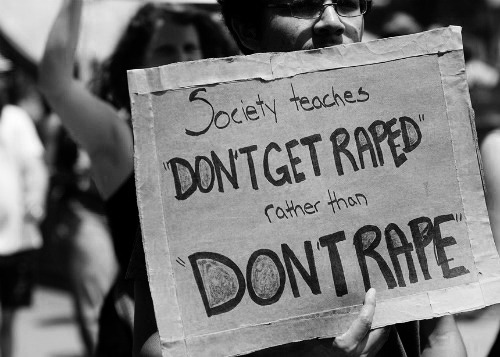Wether or not we like admitting to it, many of us have been in that stress-sweat inducing situation while sitting in one of those claustrophobically sticky school desks. You know what I'm talking about! When you're writing a test that you're unusually unprepared for, and find yourself in a do or die situation? When your last branch of humility and collectiveness has been brashly broken and your eyes begin to wander in desperation toward your neighbours page? Oh yeah, I've been there.
 It was a friday. Every friday of my second grade year was a dictation day, right after the last recess. That bell would ring and stomachs would simultaneous curdle throughout the schoolyard. We would receive our study words monday, giving us plenty of time to "study" at home. This week, however, I had not had my parents quiz me in preparation. I don't remember what word I was searching for on my neighbours page, I just remember the shrill voice of the teacher singling me out as my face flushed strawberry red.
It was a friday. Every friday of my second grade year was a dictation day, right after the last recess. That bell would ring and stomachs would simultaneous curdle throughout the schoolyard. We would receive our study words monday, giving us plenty of time to "study" at home. This week, however, I had not had my parents quiz me in preparation. I don't remember what word I was searching for on my neighbours page, I just remember the shrill voice of the teacher singling me out as my face flushed strawberry red.A week later, the recess bell rang and we filed into our 2B classroom. When I went to take my seat, however, a green cardboard had been folded creating a tiny cubicle of a desk. On my desk only... I remember the words "cheater cheater pumpkin eater..." buzzing through my mind, as I wrote the dictation feeling like a horse and buggy - me being the blinded and tunnel visioned horse, while the carriage being my guilt and embarrassment. It was definitively a day marked in my calendar of morals.
Now that I'm in high school, I know better than to cheat and try so very hard not to give into all the temptations. Although, It's never hard to find a fellow classmate in the act, or willing to help. In North American education systems, cheating is highly punishable. Many students are suspended and
 expelled annually, as we often see in the news as scandals. From a young age, we are taught that cheating in school is unfair and wrong - your eyes belong to your page and your thoughts are your intellectual property. Although to succeed in high school without really earning it may facilitate those years for you, once you've reached University, life and karma will swamp you with the heaviest and greatest of difficulties.
expelled annually, as we often see in the news as scandals. From a young age, we are taught that cheating in school is unfair and wrong - your eyes belong to your page and your thoughts are your intellectual property. Although to succeed in high school without really earning it may facilitate those years for you, once you've reached University, life and karma will swamp you with the heaviest and greatest of difficulties.While researching this topic, one article in the Globe and Mail (which even depicted conflicts from Toronto and Windsor) had me pondering.
Different cultures obviously have different systems of beliefs and morals. But what about cheating? At first, I presumed that surely cheating in school would be frowned upon anywhere else, just as much as North America. It had never occurred to me that it could even be conceptualized in a different way.
Imagine learning in a community struck by poverty, where absolutely everything is shared as a necessity for survival. When it comes to learning, however, they still value sharing and believe it overpowers. Thus, cheating is the right thing to do; to help one another become better, stronger and more successful.
Or, what about receiving your education in a densely populated country, where the only way to succeed and bail yourself and family out of poverty is absolute, almost impossible, academic excellence? When you're taught that you must do anything in order to succeed, that the pressure becomes so vast and heavy that it seems like the right thing to do?
Now, what about when these students come from overseas to continue and further their education in places like North America or Europe? Is it still okay under these new circumstances? To them, by moral they feel as though they need to cheat.
Wishfully thinking, if it were up to me I'd truly want them to be able to keep their values and remain as they are - being from a completely different culture. To me, it would seem almost just as unfair to change them and strip them of their cultural values, than to let them cheat. Nonetheless, I admit that only in a perfect world would that occur. So in our world, there probably should be a change in the systems, educating foreseeable cheating international students on the rules of our home turf.
What do you think?
Laws and rules aside, is cheating morally wrong? For us? For international students? If cheating was tolerable for international and foreign students, would it be fair for us citizens? Can anything be done? Should something be done? So many questions, all because of an 8 lettered word.
References:
http://www.theglobeandmail.com/news/national/education/why-many-international-students-get-a-failing-grade-in-academic-integrity/article4199683/
http://janmagnus.nl/papers/JRM060.pdf
http://www.insidehighered.com/news/2007/05/24/cheating




